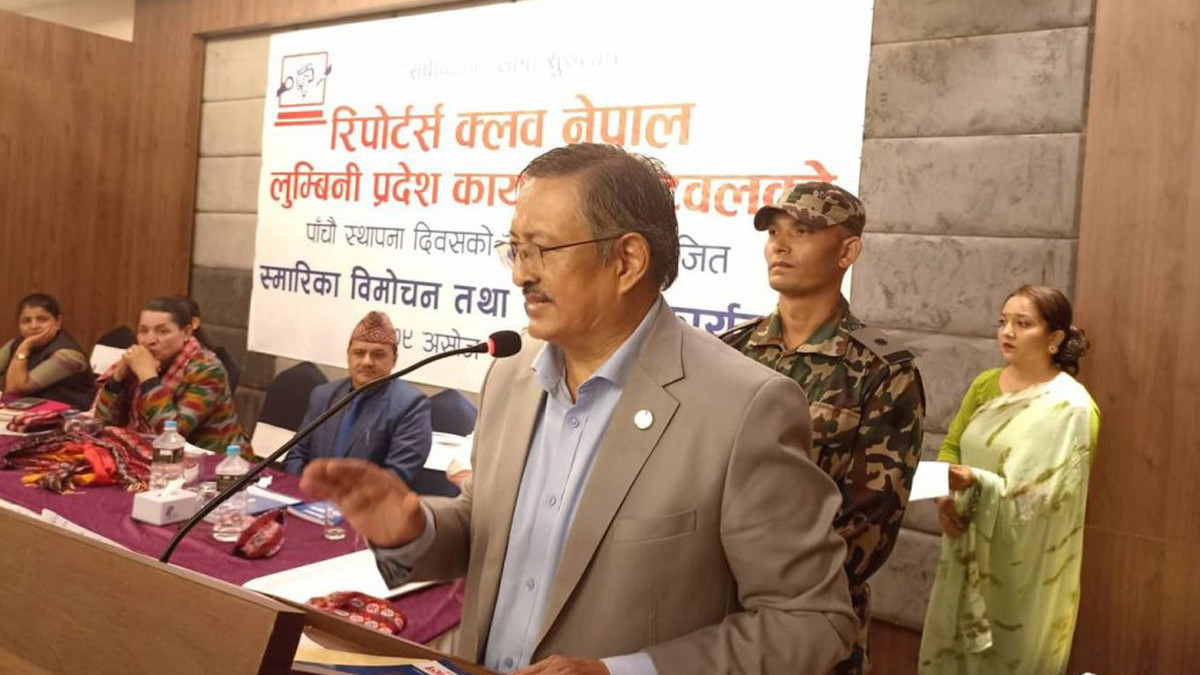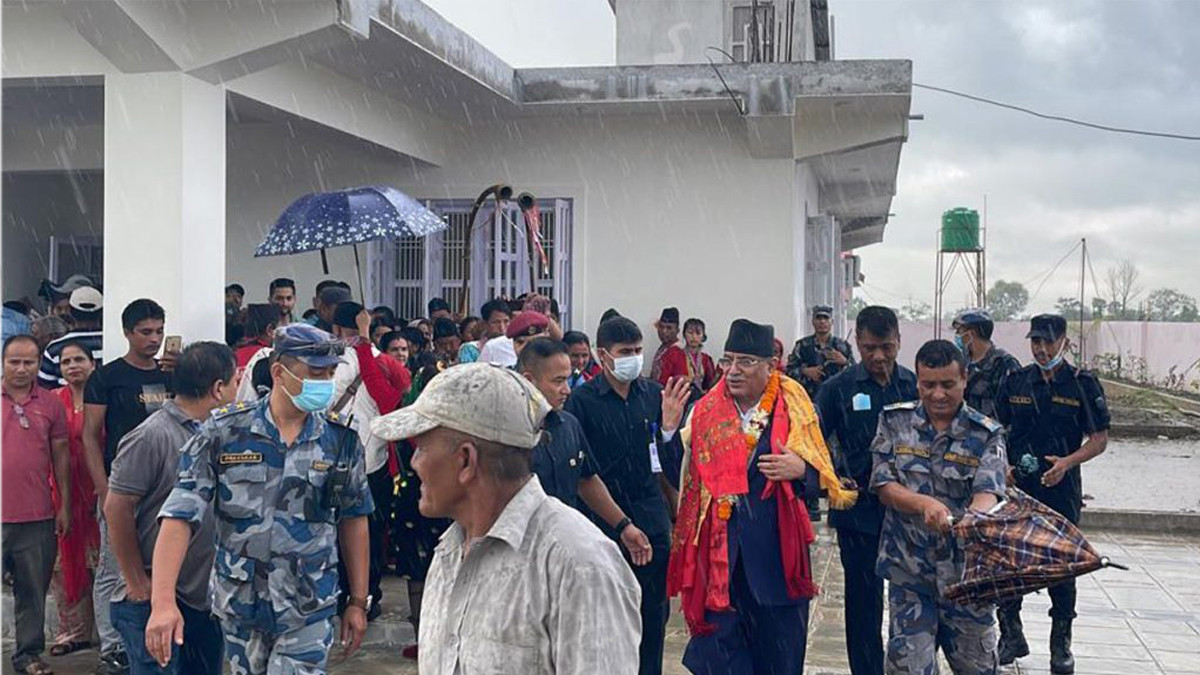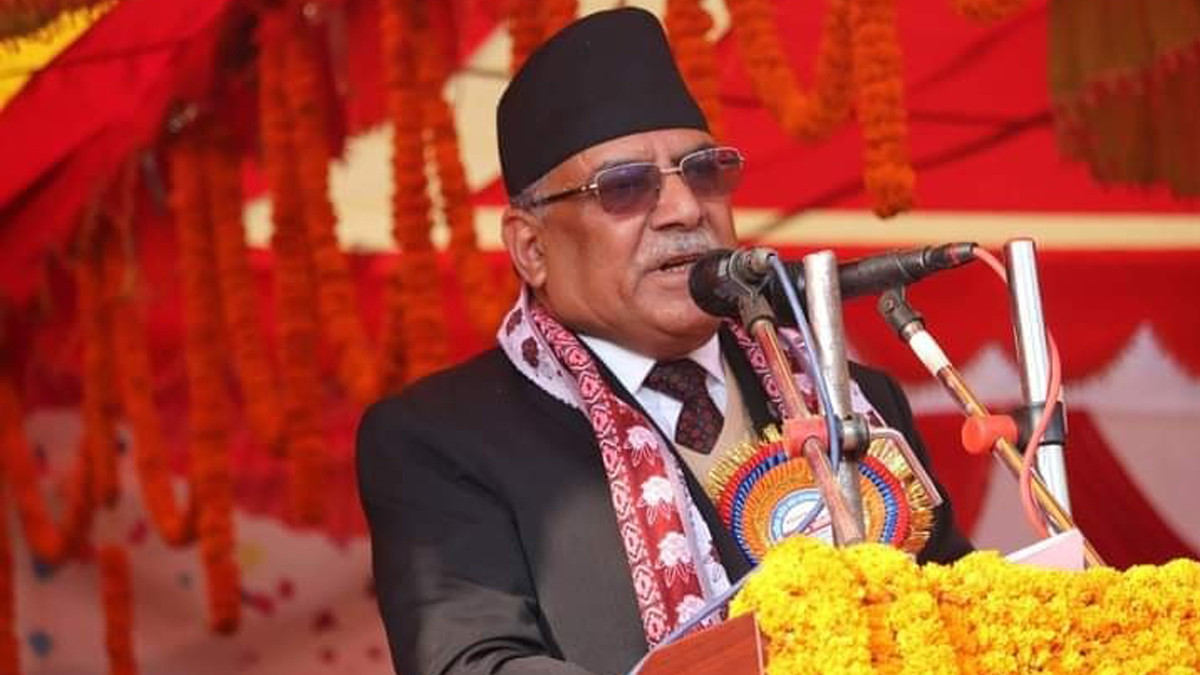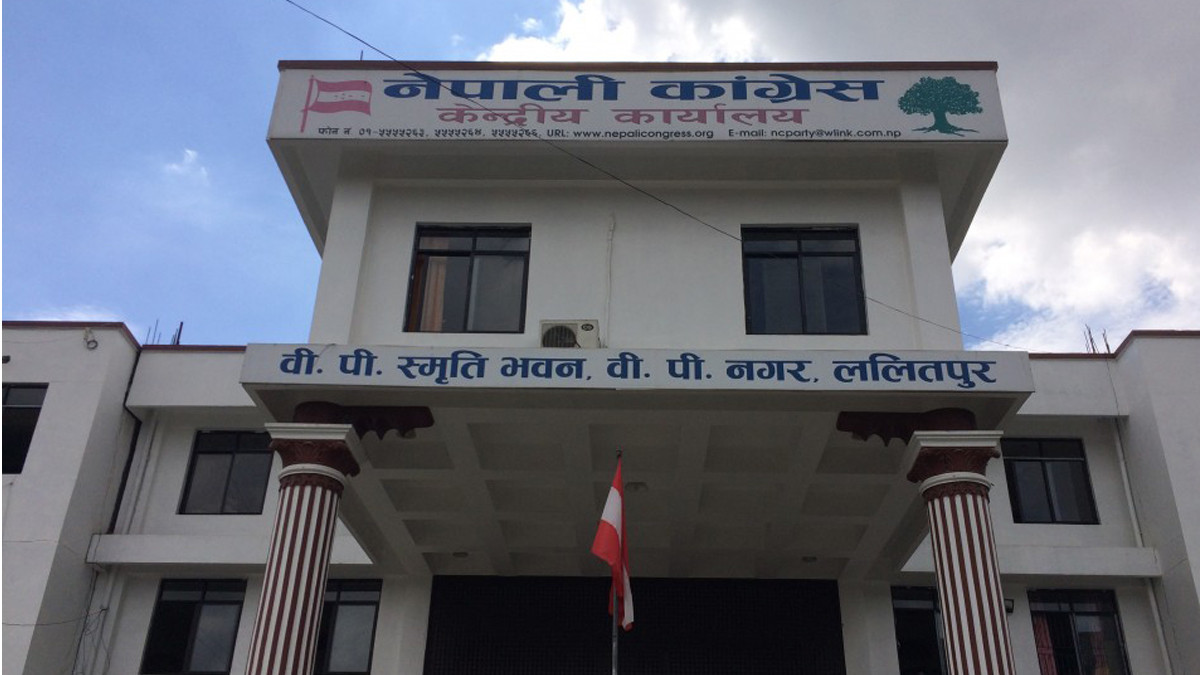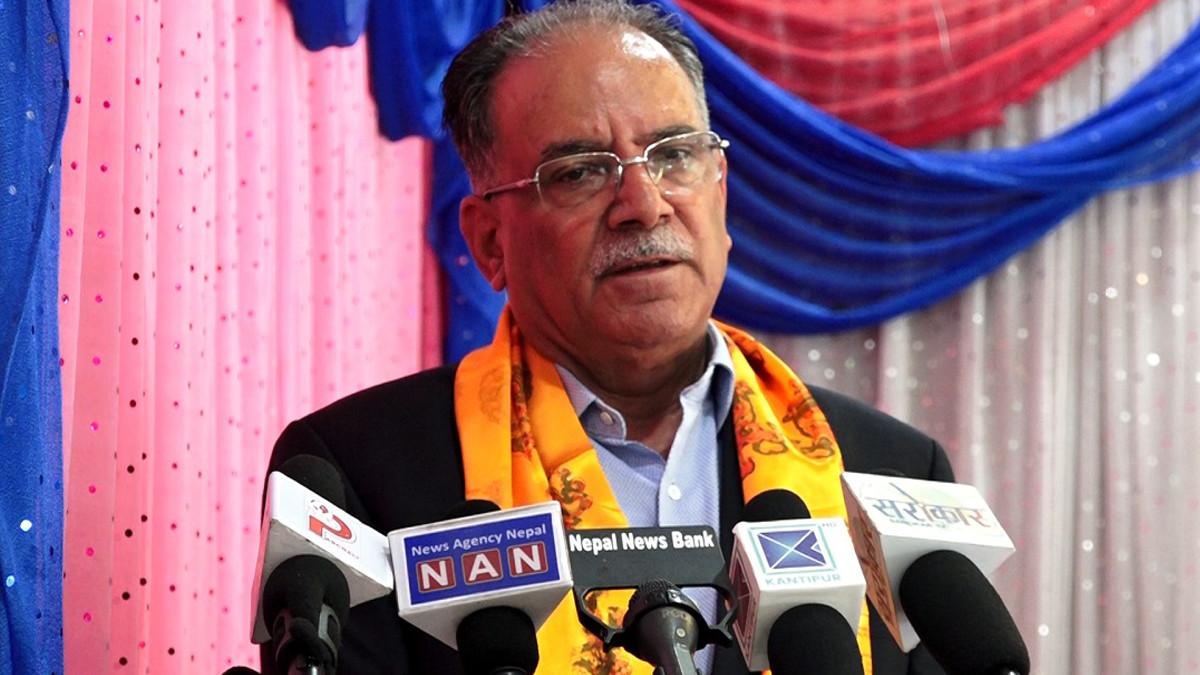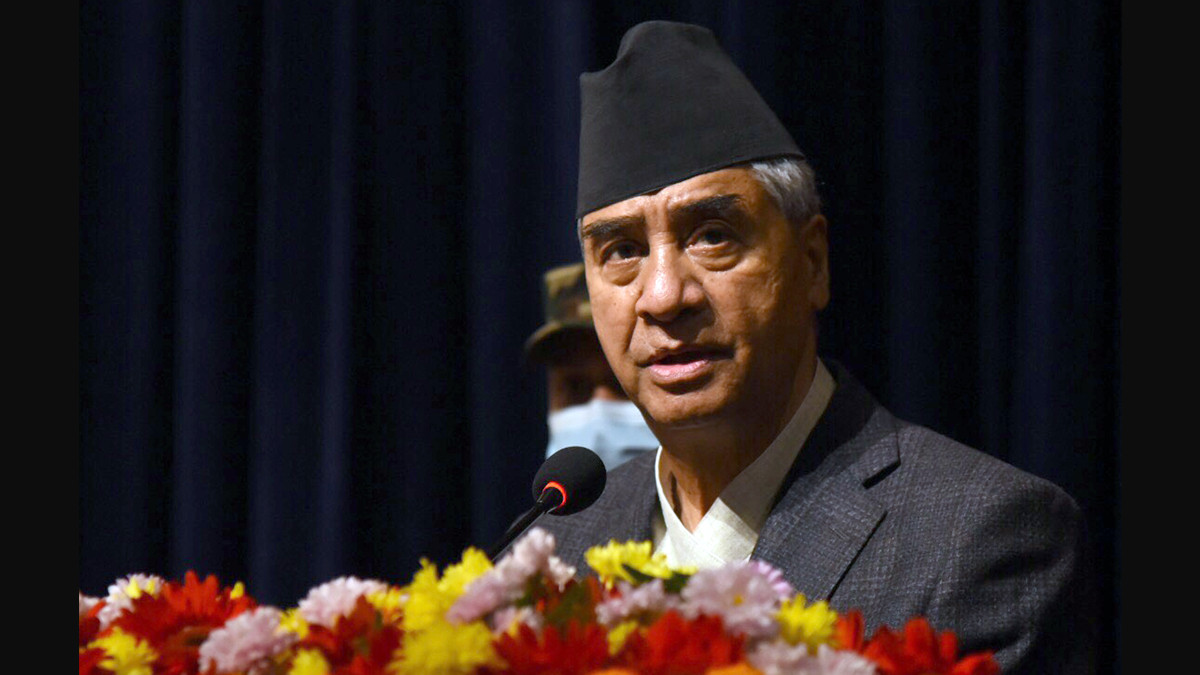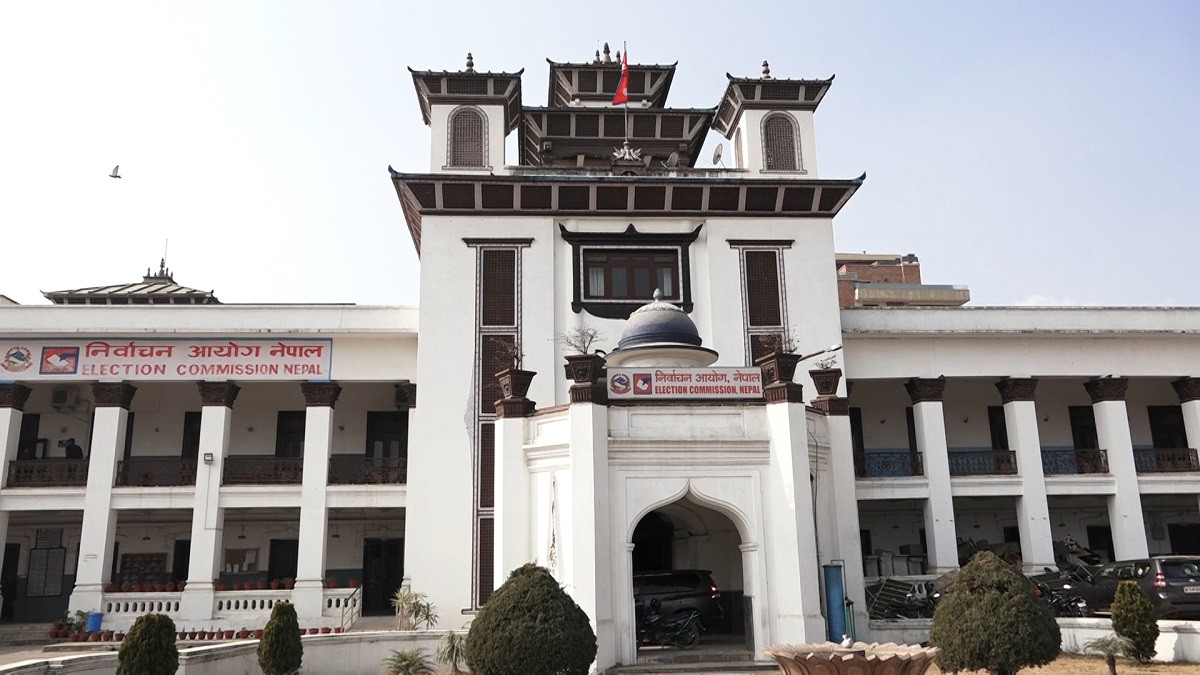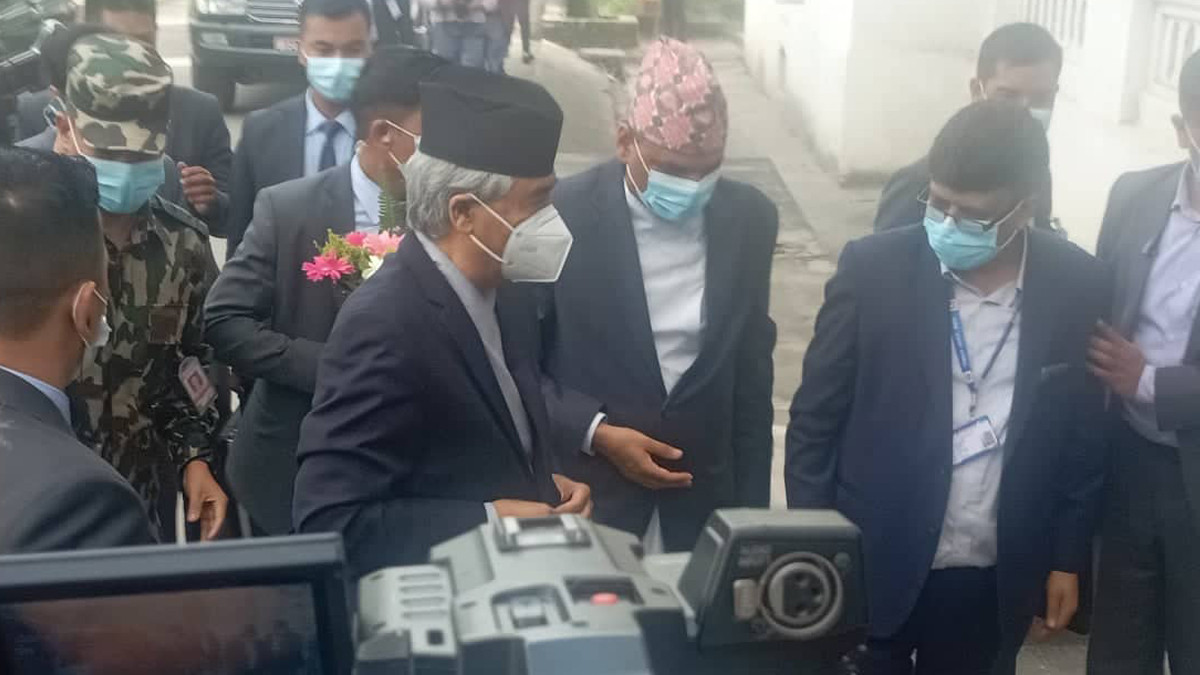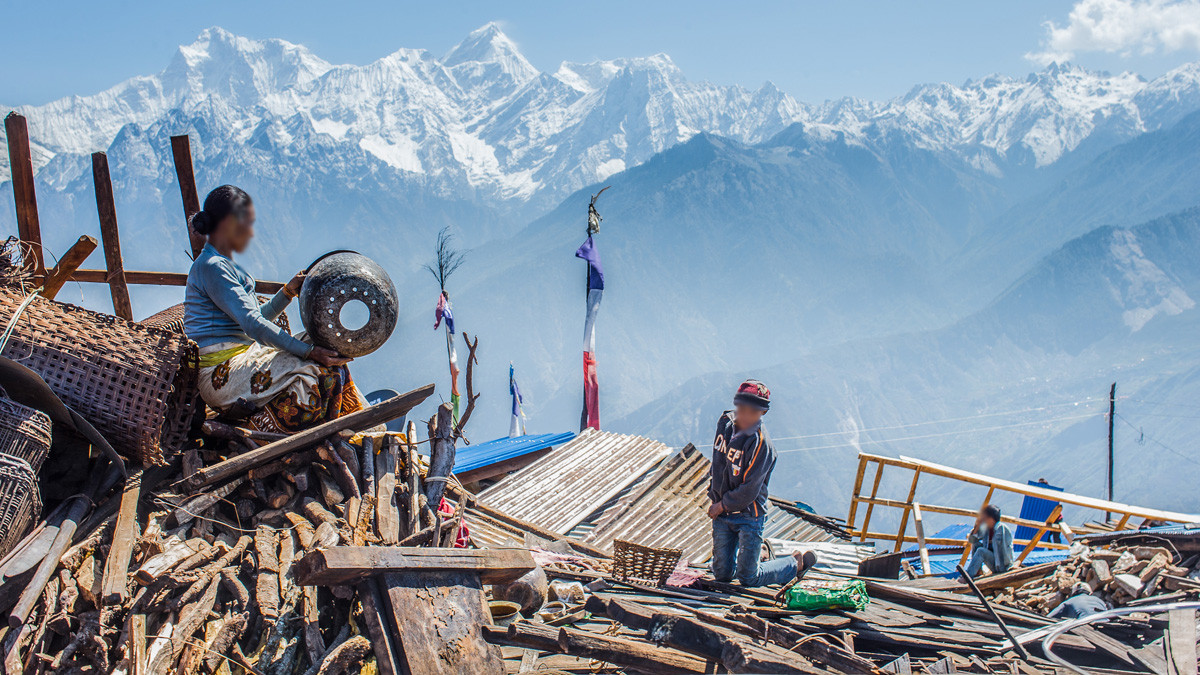
Political parties taking part in the upcoming local level elections slated for May 13 and their candidates have incorporated various issues of public concern in their election manifestos.
They have featured education, health, political, economic, and social and infrastructure development along with forest, environment and climate change issues with priorities in their election manifestos.
Major ruling party Nepali Congress in the election manifesto entitled ‘Party’s Resolution’ highlights the need of planned programmes for coping with impact of climate change, its mitigation and adaptation when the climate crisis is a reality now.
The party believes that each local government should promptly act towards the building of a community capable of resisting the impacts of climate change.
Moreover, the party advises the local governments to have a policy of promoting the minimum use of petroleum products to mitigate the carbon emissions, the cause of greenhouse gas effect. “This can be an opportunity to build a green economy.”
The party pledges to ensure practical and technical training and create jobs for them, to launch a tree-plantation programme at each local level for the conservation of water resources, to promote the conventional water supply systems like Hiti, and to ensure water and risk management plans as per the environmental standard while undertaking road construction projects.
Likewise, the party promises to promote clean energy-based economic activities and entrepreneurship at each local level, to minimize the use of petroleum products and encourage the use of renewable energy, to promote the use of electric stove and electric public vehicles in urban areas and to provide subsidies for charging stations under the green economy building campaign.
The NC's manifesto has mentioned about creating new green employment focusing on women, protecting and promoting indigenous knowledge, art, culture, technology, seed, original design to construct local infrastructure and structures, promoting the use of local materials, and launching 'House with medicinal herbs, healthy villages, towns', linking women's knowledge and skill with economy.
UML's plan of 'firewood, biofuel and smoke –free house'
The manifesto issued by the main opposition party, CPN (UML), has mentioned maintaining balance between development and environment to protect the community from the adverse impact of climate change and to conserve ecology as well as promoting green development.
The CPN (UML) has raised various issues including protection from adverse impacts of climate change and natural disaster, creating public awareness for adaptation, developing capacity, and protecting the community affected from climate change and disasters as well as which is at its high-risk with priority.
Forest conservation, management of community forests, forwarding programmes for development of private forests, launching sapling plantation as a campaign, increasing income generation of the community through overall development of forest heritages have been mentioned in the manifesto.
The UML has forwarded a plan of constructing embankments to recharge ground water, collecting rainwater, constructing and conserving ponds, developing watersheds, controlling flood and landslide, reducing water induced risk and launching 'one settlement, one pond' campaign.
Similarly, the UML has declared in its local election manifesto to use green technology and environment-friendly construction materials in development and construction works, to encourage investment for promoting green economy, to enhance preparedness to cope with natural disasters based on the disaster risk mapping, to make the required preparedness for emergency rescue, relief, reconstruction and rehabilitation, to keep the logistics materials needed in such situation in ready state, to develop integrated and safe habitats and to forge effective coordination among the three tiers of the government.
Likewise, the UML's election manifesto has prioritized collaboration between the province and the federal governments to stop the human encroachment on forests, conservation of wildlife and birds, management of the human-wildlife conflict, construction of zoos in partnership between the federal and provincial government and production, processing and marketing of medicinal herbs and forest products in collaboration with community and partnership forest users committees. The manifesto also attaches priority to encouraging agricultural forestry, providing efficient energy for cooking and domestic use, and making the house free of firewood, biofuel and smoke.
'Clean Environment Campaign in Every Local Unit': Maoist's Commitment
Another ruling partner, the CPN (Maoist Center) has, in its election manifesto entitled "Party's Appeal in Election", announced to implement the 'Forest for Prosperity' programme for the development of industries based on timber, non-timber and other forest products, to establish at least one industry based on timber, non-timber and herbs processing in every local unit, to run the ' an industry in each community forest' programme, and to build climate change adaptation model village in every local unit, among other programmes.
Likewise, the Maoist Center's manifesto maintains operating special tree planting programme at the local level lacking significant area under forest cover, implementing in every local level the Clean Environment Campaign for pollution control, promotion of greenery and waste management, ensuring the community's prior right on the natural resources including the forest resources and further empowering the community forest user groups.
-Bhisma Raj Ojha, RSS

